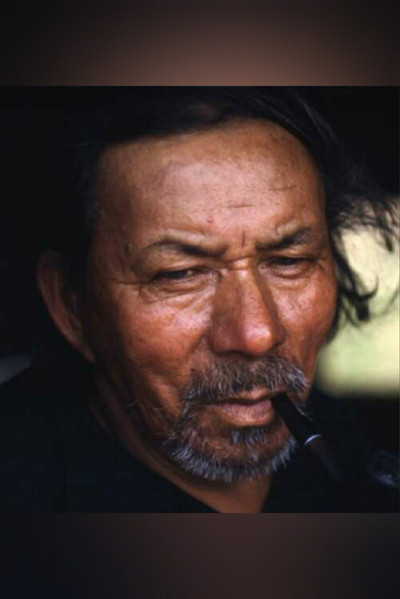History of Manawan - Part Two
A continuation of History of Manowan: Part 1. Discusses the death of Indian customs, independence and dignity, with the advent of the white society.
Genres
Documentary
OverView
Atikamekw elder Cézar Néwashish continues to recount the history of the community of Manawan that first began in The History of Manawan: Part One. As Christianity and European customs take deeper root in the community – abetted by residential schools and aggressive assimilationist government policies – seemingly irreversible changes to significant customs begin to unfold. Despite these struggles, the people carry on. This short is part of the Manawan series directed by Alanis Obomsawin.
Others
Budget
$--
Revenue
$--
Status
Released
Original Language
Cree
Runtime
21 mins
Rating
0/10
Release Date
01 January 1972
Country
Canada

